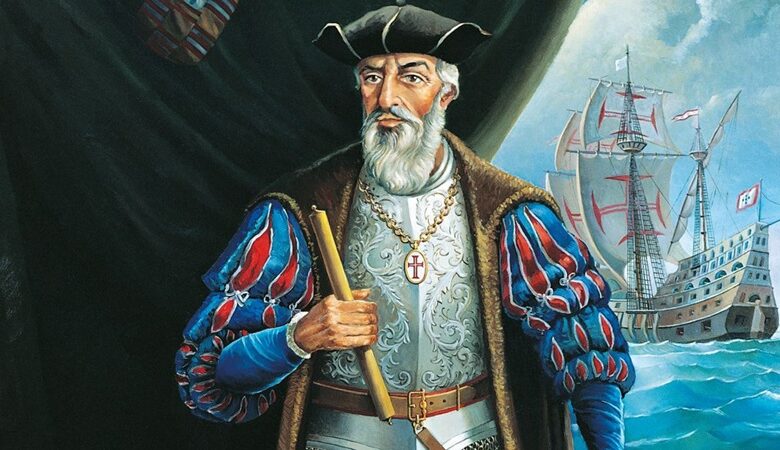Vasco da Gama’s Historic Voyage and the Unintended Spread of Tobacco

News Mania Desk/Agnibeena Ghosh/21st July 2024
On July 8, 1497, Vasco da Gama embarked on a historic journey that would reshape global maritime routes and significantly impact trade and culture. This era of exploration, which brought new goods and ideas across continents, also introduced a commodity that has since become a global public health crisis: tobacco. This single crop has profoundly affected societies around the world, with its introduction leading to widespread use and severe health repercussions.
Tobacco, originally a New World crop, was one of the many items exchanged between Europe, Africa, and the Americas during the Age of Exploration. The rapid spread of tobacco use across Europe and subsequently the rest of the world can be traced back to these early voyages. Despite its initial perception as a valuable medicinal plant, the long-term effects of tobacco have been devastating.
The consumption of tobacco has multifaceted and severe impacts on human health. It is a primary cause of various types of cancers, including those of the lung, mouth, throat, oesophagus, pancreas, and bladder. Beyond cancer, tobacco use leads to chronic respiratory diseases such as chronic obstructive pulmonary disease (COPD), emphysema, and chronic bronchitis. The cardiovascular system is also heavily impacted, with tobacco being a major risk factor for heart disease, stroke, and hypertension. Moreover, it contributes to other serious conditions like diabetes, infertility, weakened immune systems, and pregnancy complications.
The addictive nature of tobacco is primarily due to nicotine, a substance that significantly alters brain function and leads to dependency. This addiction makes quitting smoking particularly challenging, perpetuating the cycle of health problems associated with tobacco use. Tobacco is consumed in various forms, including cigarettes, cigars, bidis, and smokeless tobacco products like chewing tobacco and snuff. In recent years, electronic cigarettes and vaping products have become increasingly popular, adding another dimension to the tobacco epidemic.
The widespread and persistent nature of tobacco consumption, combined with its severe health consequences, has turned it into a global public health crisis. The World Health Organization (WHO) and other health agencies have been advocating for urgent and coordinated actions to mitigate the impact of tobacco. These efforts include public health campaigns to raise awareness, regulations to limit tobacco advertising and sales, support for cessation programs, and policies to reduce second-hand smoke exposure.
Vasco da Gama’s voyage, which significantly influenced global trade and cultural exchanges, inadvertently set the stage for the spread of tobacco. The introduction of tobacco into European society and its subsequent global dissemination highlight how exploration and trade can have unintended and long-lasting consequences. While the Age of Exploration opened new horizons and opportunities, it also facilitated the spread of commodities like tobacco, which have had detrimental effects on public health.
Today, the legacy of tobacco continues to be felt worldwide. The efforts to combat tobacco use and its health impacts are ongoing, requiring a multifaceted approach that includes education, regulation, and support for individuals seeking to quit. As we reflect on the historic voyages that shaped our modern world, it is crucial to recognize and address the unintended negative consequences, such as those brought about by the global spread of tobacco.






